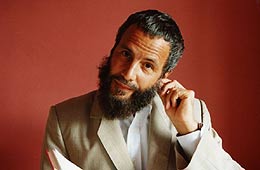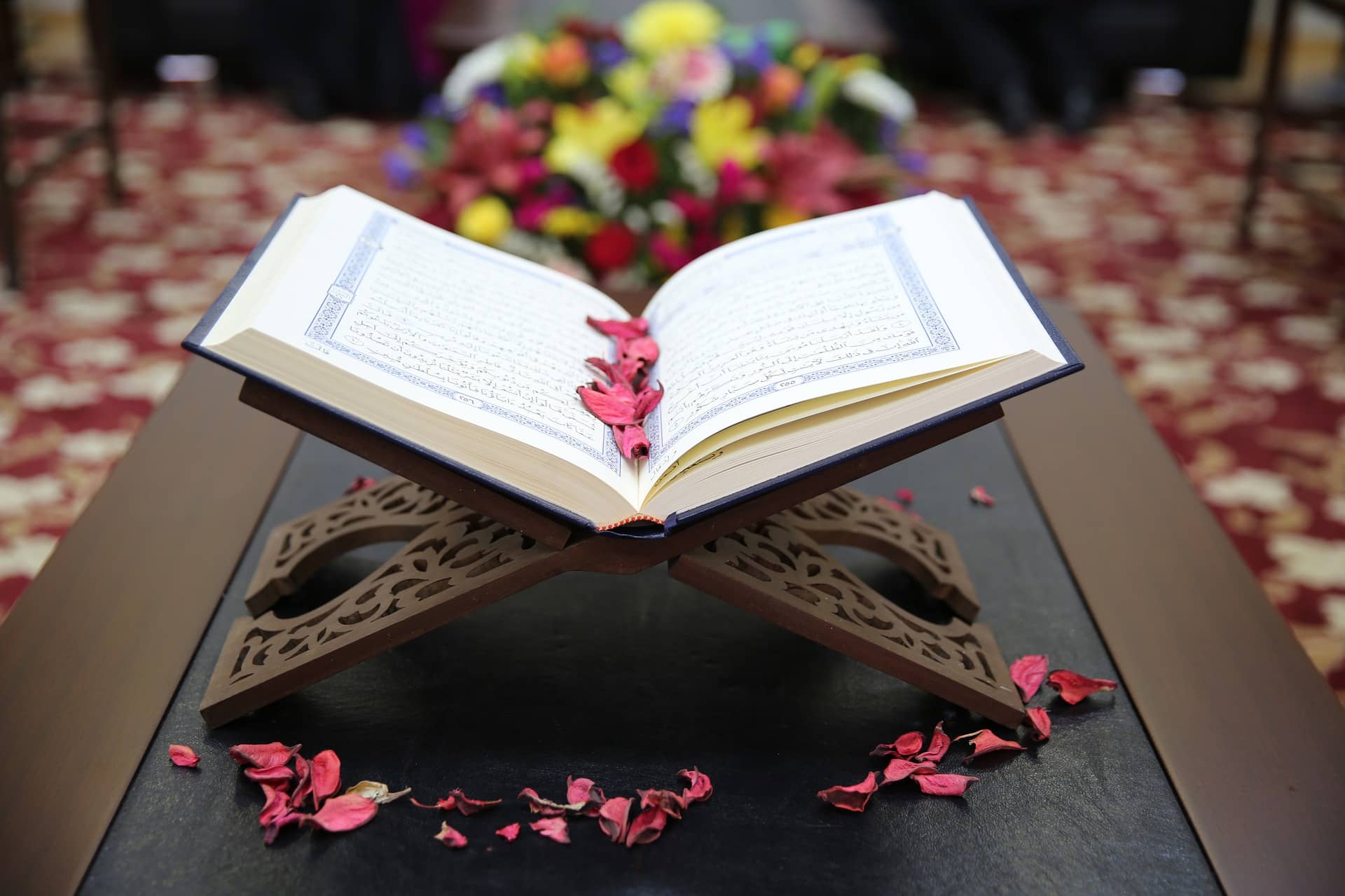
 Music from "An Other Cup"
Music from "An Other Cup"Watch the Video for "Heaven/Where True Love Goes"
Listen to the Song "Maybe There's a World"

Adapted by Arthur J. Magida from Opening the Doors of Wonder: Reflections on Religious Rites of Passage with permission of University of California Press.
When my brother came back to the United Kingdom following a visit to Jerusalem in 1976, a festival of Islam was taking place in London, and suddenly there were books and exhibitions about Islamic culture in bookshops and museums. He saw the Qur’an in a bookshop window and thought to himself, "That’s the Bible of the Muslims." He decided to buy it and give it to me as a gift.
The more I read the Qur’an, the more it struck me, deep down. This wasn't sudden. I’d been looking at several religions--Buddhism, Taoism--while also reconsidering my Christian upbringing. I was interested in different ways of looking at this universe. I didn't have peace. If you listened to my songs, you would know I was always searching. Ever since I remember, I was searching for the meaning to life. I found that Islam was not quite that “foreign” religion which I had come to expect. It was talking about belief in One God, the Master of the universe. It talked about the unity and the indivisibility of the universe. That message is also contained in the Bible, but the greater clarity, for me, of this message in the Qur’an left a deeper impression. It talked about humanity as one family, and it mentioned many prophets, including Abraham, Moses, Jesus and Muhammad, all equally teaching the same message of unity to mankind.
After a few months of carrying the Qur'an around with me, I read the chapter called “Joseph” [Yusuf]. I instinctively felt that, like Joseph, I, too, had passed through many stages. Joseph had been sold in the market by his brother, much as I was being sold in the market of the music world. About a year later--on a winter Friday in 1977--I walked to the mosque in London’s Regent’s Park to declare my faith. I realized that I must get rid of my pride, get rid of my ego, and face God.
After jumu'ah [congregational prayer], I went up to the imam and declared my wish to become a Muslim. I was sat down and asked if I believed there was only one God and that He is absolutely unique without partners. I affirmed that. Then I was asked if I believed that Muhammad was the last of the messengers. It became absolutely clear to me that no prophet could come without God's permission, and no prophet could create a true religion unless it was inspired by God. I knew the Muhammad was exactly what he said he was: the slave of God and His messenger. To the imam, I affirmed my belief, saying, "I declare that there is no God except the one God [Allah]; and I declare that Muhammad is His servant and messenger."
From that moment on, I felt I was floating on a warm, invisible cloud of mercy, carrying me upward from my past entanglements and worldly confusion. The chief imam in the London Central Mosque encouraged me to continue composing and recording; at no time was there ever an ultimatum for me to choose between music or Islam. But many things about the music industry contravened the Islamic way of life--fornication, intoxicants, idolatry, competition, greed, selfishness. How could I really accumulate wisdom and get closer to the angels if I stuck around that kind of a world? I simply decided by myself to give up the music business. This helped me concentrate on learning and practicing the five pillars of Islam and striving to get close to Allah through knowledge and worship. At the time, I said, "I have suspended my activities in music for fear that they may divert me from the true path, but I will not be dogmatic in saying that I will never make music again. You can't say that without adding, 'Insha Allah' ['If Allah Wills']."
Now I understand that the past is part of myself; without it, I would not be where I am today. I have realized that music is part of our lives. I understand that Islam does not prohibit music, but it does not encourage it either. It took me 20 years to reach that conclusion. The problem with Muslim music is that it is dominated by a conservative musical element originating in Saudi Arabia. It is not the genuine music you'd find in Malaysia, Indonesia, or Turkey. There are also people who preach that Islam is against music. I have studied the sources. There was a feast when music was being played in Muhammad’s presence, and someone said, "Music in front of the Prophet? Stop it!" But the Prophet intervened and said, "Let them! They are having a feast." Which means that, under proper circumstances, people are allowed to play or listen to music.
[In my past], it was very difficult to stay on the straight path amid all the destabilizing drama of rock star existence. Today I'm trying to redress that balance and find a way to allow my creative side to flow within the generous rivers of Islam's cultural landscape. The great thing is, I'm still floating.

